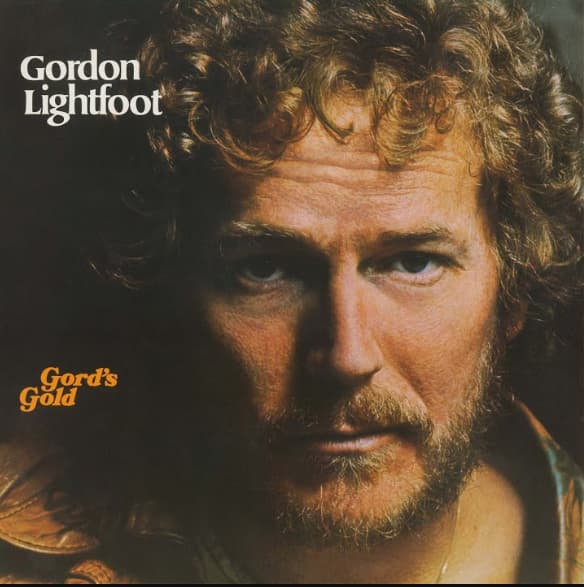
The song is a beautiful and empathetic tribute to the enduring spirit of the idealist, even in a world that has grown cynical and jaded.
There are certain songs that, the moment they begin, instantly transport you back to another time and place—a simpler time, perhaps, when the world seemed full of possibility and we all had a little more faith in the power of a single, good-hearted person. For many, Gordon Lightfoot’s “Don Quixote” is one of those songs. A lyrical masterpiece released as the title track of his 1972 album, it’s a profound and poetic folk ballad that holds a special place in the hearts of those who grew up with his music.
The album Don Quixote itself was a significant entry in Lightfoot’s discography. Released on the Reprise Records label, it reached number 42 on the Billboard album chart and spent nearly a year on the Canadian charts, from March 1972 to January 1973. While not as commercially explosive as some of his later hits like “Sundown” or “The Wreck of the Edmund Fitzgerald,” it was a testament to his consistent artistry and storytelling prowess. The song “Don Quixote” was never released as a single, but its significance is far greater than any chart position could ever measure. It’s a song that speaks to the soul, an introspective journey that uses the classic literary figure not as a caricature of madness, but as a symbol of unwavering, and perhaps naive, courage.
The story behind the song is a reflection of Lightfoot’s deep engagement with classic literature and his ability to translate profound themes into simple, accessible folk music. Don Quixote is, of course, a lyrical paean to Cervantes’ half-mad hero, a man who sees giants where others see windmills and noble quests in the most mundane of tasks. Lightfoot, however, peels back the layers to reveal a more complex and human figure. He’s “wild but he is mellow,” “strong but he is weak,” “cruel but he is gentle,” and “wise but he is meek.” Through these beautiful contradictions, Lightfoot paints a picture of a man who is not a fool to be mocked, but a person of great depth and conviction, fighting for a world that exists in his own mind, a better one.
The meaning of the song extends far beyond the literary reference. It’s a commentary on the human condition, a reflection on what it means to be an idealist in a world that often rewards cynicism. The line “See the wise and wicked ones who feed upon life’s sacred fire” is a poignant observation on those who exploit and manipulate, while the song’s hero, Don Quixote, is the one who remains pure, striving for a higher purpose. The song’s final lines, with the horseman galloping “off across the land where no one will hear,” carry a sense of melancholy and noble futility. It’s the lonely path of the true believer, the one who keeps fighting even when the world is not watching or cheering them on. For many, especially those who came of age in the tumultuous 1960s and 70s, this song was a comfort—a reminder that there’s dignity in holding on to your beliefs, no matter how hopeless the cause may seem. It speaks to the quiet battles we all fight, the small acts of defiance against a world that wants to wear us down. This song, with its acoustic guitar and Lightfoot’s unmistakable, earnest voice, is a warm and tender embrace for the tired and the disillusioned, an anthem for the eternal dreamer in all of us.
It is fitting that Gordon Lightfoot himself considered this one of his personal favorites from his extensive songbook, and it was a staple in his live performances. The song’s enduring power lies in its ability to connect with listeners on a deeply personal level, to evoke a sense of shared humanity and a quiet strength. It’s a song that proves that the greatest battles aren’t against giants, but against the creeping cynicism in our own hearts.